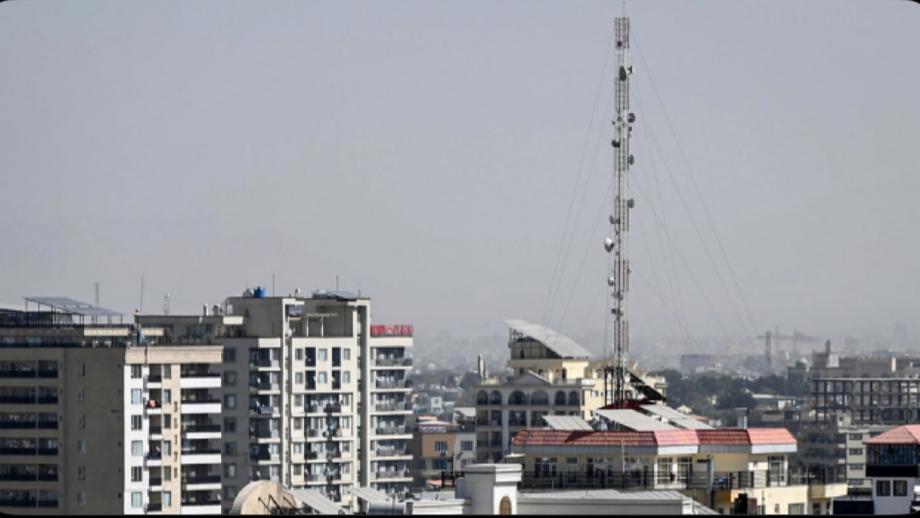Afghanistan Telecom Blackout Deepens Humanitarian, Economic Crisis as Citizens Struggle With Isolation

Afghanistan has been plunged into near-total darkness in the digital age following a sweeping telecommunications blackout that has crippled banking, education, humanitarian relief, and daily life across the country.
The disruption, which began with targeted fibre-optic cuts in several provinces earlier in September, escalated into a nationwide shutdown at the end of the month, leaving millions unable to access the internet or mobile services. NetBlocks, a global internet monitoring group, reported that connectivity had fallen to barely one percent of normal levels, describing the collapse as a deliberate disconnection rather than an accident. Taliban authorities have defended the measure as a move to curb “immoral activities” online, citing pornography and un-Islamic content, but the impact has rippled far beyond their stated objectives. Ordinary Afghans now face severe difficulties in accessing money, coordinating business, or maintaining contact with relatives abroad. Shopkeepers have been forced to halt mobile payments, students have lost access to online classes, and freelancers dependent on digital platforms have seen their livelihoods suspended. Women and girls, already barred from classrooms in much of the country, had turned to online education as a lifeline; with connections severed, that last refuge is slipping away. “We are blind without phones and internet,” one Kabul shopkeeper said, echoing the sentiments of many who describe the blackout as a return to isolation in a country where connectivity had become central to survival. The consequences extend into humanitarian and health operations. NGOs and United Nations agencies reported struggles in coordinating emergency relief, delivering aid, or issuing public safety warnings, raising fears that crises such as earthquakes, displacement, and food shortages will worsen under communication constraints. Hospitals and aid workers have found it increasingly difficult to coordinate with staff in rural and remote areas. International groups including Amnesty International and the UN have condemned the blackout as a grave violation of fundamental rights, warning that it undermines both freedom of expression and access to life-saving information. Analysts say the decision reflects a hardening stance within the Taliban’s leadership, with conservative factions pressing for tighter social controls and censorship. Some officials reportedly raised concerns over the economic fallout, but those warnings have so far been ignored. While authorities have suggested vague alternatives may be provided, experts warn that limited radio or satellite access cannot replace the breadth of fibre and mobile services abruptly cut. Diplomatic pressure is mounting, but beyond strong condemnations, few foreign governments appear ready to impose measures that could further harm ordinary Afghans. For millions, the blackout is more than a technical inconvenience — it is a blow to their connection with the outside world, to livelihoods, and to the fragile hope of education and progress. In a country already struggling with economic collapse, hunger, and curtailed freedoms, the enforced silence of the telecom blackout has deepened the sense of despair, leaving Afghans grappling with uncertainty about how long they will remain cut off from each other and from the world.








